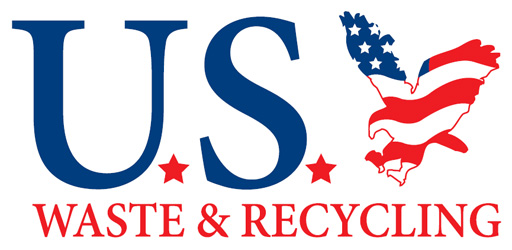Getting the Facts About Multi-Family Recycling
If you live in a multi-family apartment building or housing unit, chances are good that the building participates in recycling in Atlanta. Your building manager or leasing agent should provide you with recycling facts, recycling bins, and important information about how to reduce, reuse, and recycle. Here are some great recycling facts about multi-family recycling programs.
Recycling Services Must Be Convenient for Everyone
If your building has a multi-family recycling program, the building manager must ensure that recycling services are convenient to everyone in the building. He can start by distributing recycling bins to each apartment or housing unit. Residents must be aware of where recycling bins should be taken for the weekly recycling collection services. Generally, recycling bins are placed in common areas as well, such as laundry rooms, mail areas, and lobbies. Recycling collection typically occurs in the same place that the building’s trash pickup is.
Recycling Bins and Dumpsters Should be an Appropriate Capacity
Your building manager must provide each apartment with a recycling bin that is large enough to hold a family’s weekly recyclables. You should have access to additional recycling bins as needed. The dumpsters used for waste disposal and recycling disposal should be large enough to handle the entire building’s weekly waste and recycling production. You should ask your building manager about junk removal services for large recyclables, such as electronics and appliances, that won’t fit in traditional recycling bins. If your building generates a lot of cardboard recycling, your building manager may invest in a roll off dumpster rental, baler, or compactor to manage the cardboard.
Building Mangers Must Provide Key Recycling Facts and Information
In order to ensure that everyone in the building is aware of the most effective ways to reduce, reuse, and recycle, your building manager must distribute key recycling information. He should provide easily accessible and visible recycling facts, including which materials are recyclable, and how to best manage recyclable materials. Residents should also know how to recycle uncommon materials, such as electronics, appliances, motor oil, batteries, bulky waste, and hazardous waste.
